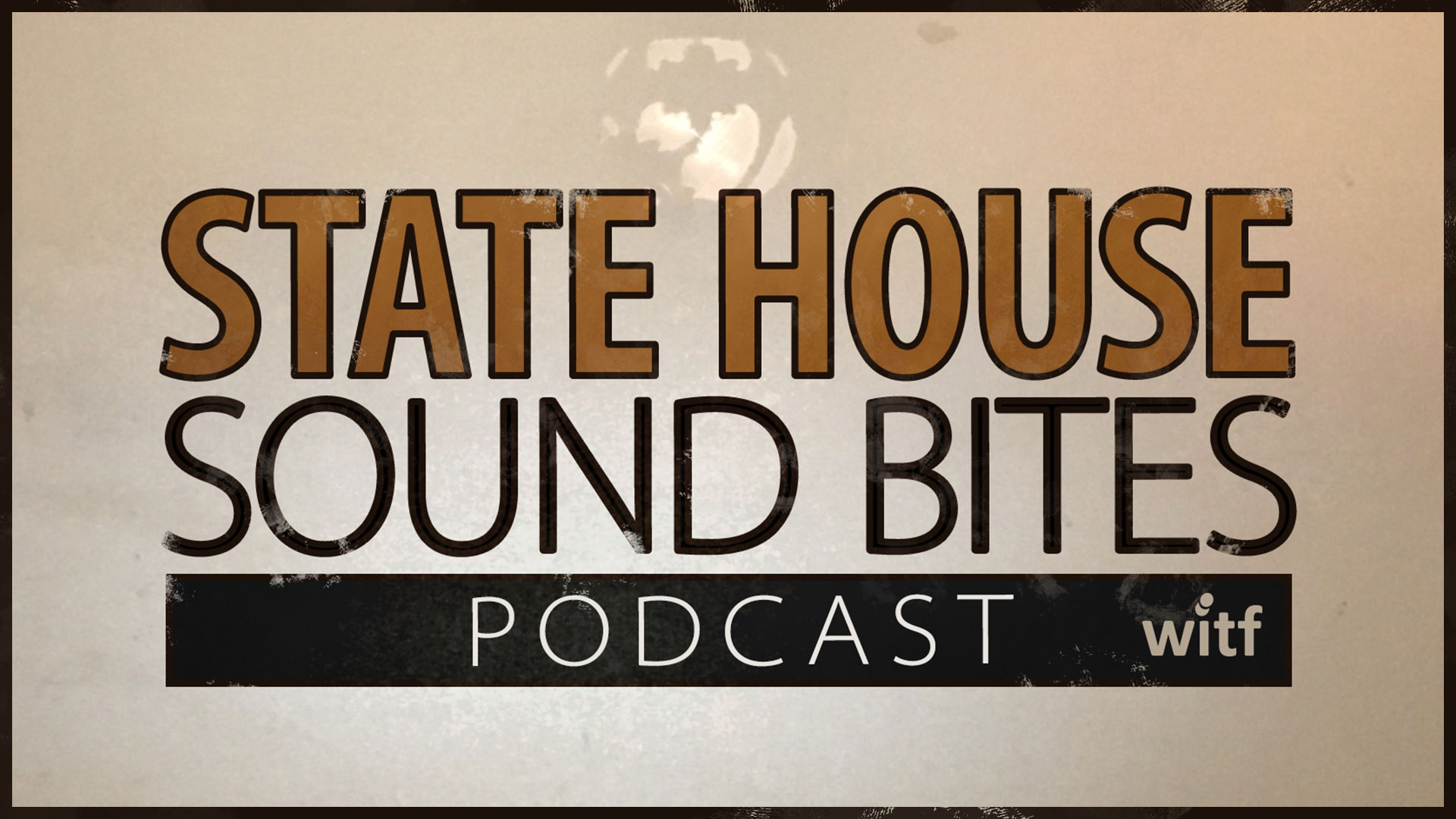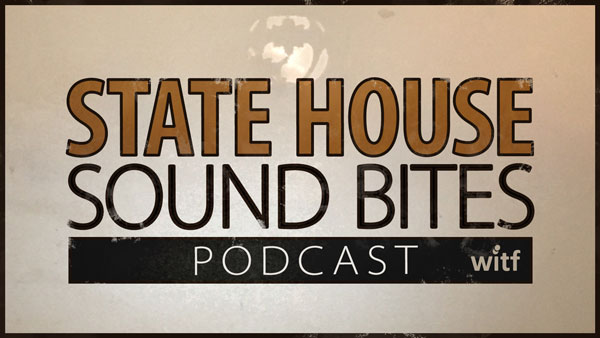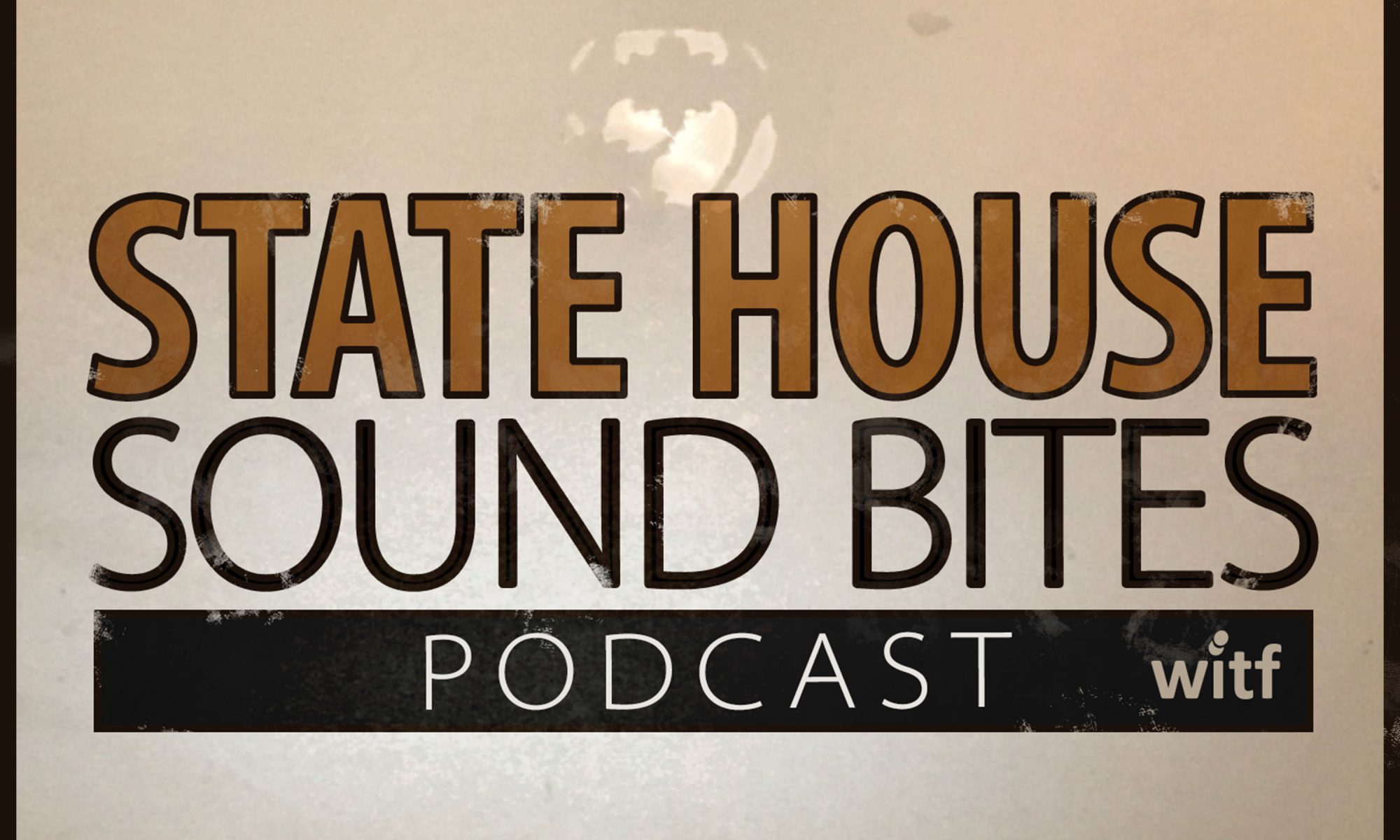State Treasurer Joe Torsella stepped back into the political fray this week when he authorized a short-term loan to get the commonwealth’s general fund through a few lean days.
That move comes after he spent about two months refusing to authorize a loan on the grounds that the budget wasn’t balanced. It technically still isn’t, and now the whole situation has many Republicans calling hypocrisy.
Torsella’s reasoning for giving the loan is that Governor Tom Wolf has now pledged to take unilateral action (mainly borrowing) to keep the commonwealth’s books balanced. He has sketched out a rough picture of how he plans to do that, but there’s been no official proposal released, and many of the component parts of Wolf’s plan appear less than guaranteed.
Meanwhile, Torsella still has to decide whether he’ll authorize another, much larger loan later in the month. If he doesn’t, the commonwealth could miss major payments to public schools.
Plus, the legislature is scheduled to return to Harrisburg Monday following their cooling-off week. But no one seems to know what they’re going to do—including lawmakers themselves.
The Philly Inquirer’s Angela Couloumbis and the AP’s Marc Levy explain.
Podcast: Play in new window | Download
Subscribe: RSS



